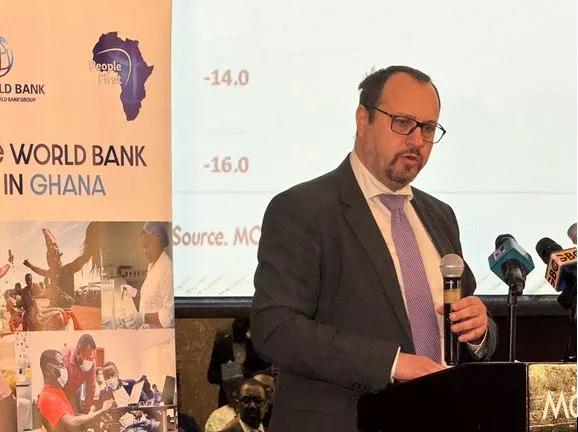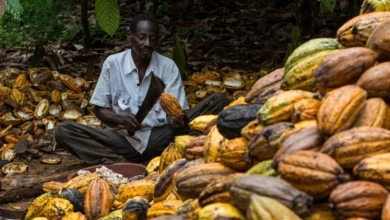World Bank Urges Ghana To Rationalize Tax Expenditures For Economic Stability

- World Bank wants government to implement significant reforms
- The move is aimed at bolstering the country’s tax revenue
- Ghana’s tax revenue is lower than regional peers
The World Bank has called on the Ghanaian government to implement significant reforms to its tax system, specifically by rationalizing tax expenditures.
The move is aimed at bolstering the country’s tax revenue and ensuring equitable distribution of the tax burden.
According to a recent World Bank report, Strengthening Domestic Revenue Systems for Fiscal Sustainability, Ghana’s tax revenue is notably lower than its peers in Sub-Saharan Africa.
The report highlights several areas of concern, including low compliance in personal income tax, declining VAT revenue due to exemptions, and a complex corporate income tax regime.
Tax expenditures, which represent foregone revenue due to tax breaks and incentives, are estimated to cost the Ghanaian economy 3.9% of GDP.
The World Bank recommends a careful assessment of these expenditures to identify those that are no longer justified or effective.
To address the challenges, the report proposes a comprehensive Medium Term Revenue Strategy for 2024-2027. This strategy emphasizes the importance of enhancing tax collection efforts while prioritizing social spending to protect vulnerable populations.
While Ghana has made progress in restoring macroeconomic stability with support from the International Monetary Fund, the World Bank cautions that several risks remain, including potential election-related spending pressures and global economic uncertainties.
The World Bank emphasizes that increasing tax revenue is crucial for sustainable fiscal consolidation and economic growth. By rationalizing tax expenditures and improving tax administration, Ghana can strengthen its fiscal position and invest in critical sectors for poverty reduction and inclusive development.
Key points:
- Ghana’s tax revenue is lower than regional peers.
- Tax expenditures cost the economy 3.9% of GDP.
- Personal income tax, VAT, and corporate income tax are key areas of concern.
- World Bank recommends a Medium Term Revenue Strategy.
- Ghana has made progress in macroeconomic stability but faces ongoing challenges.






